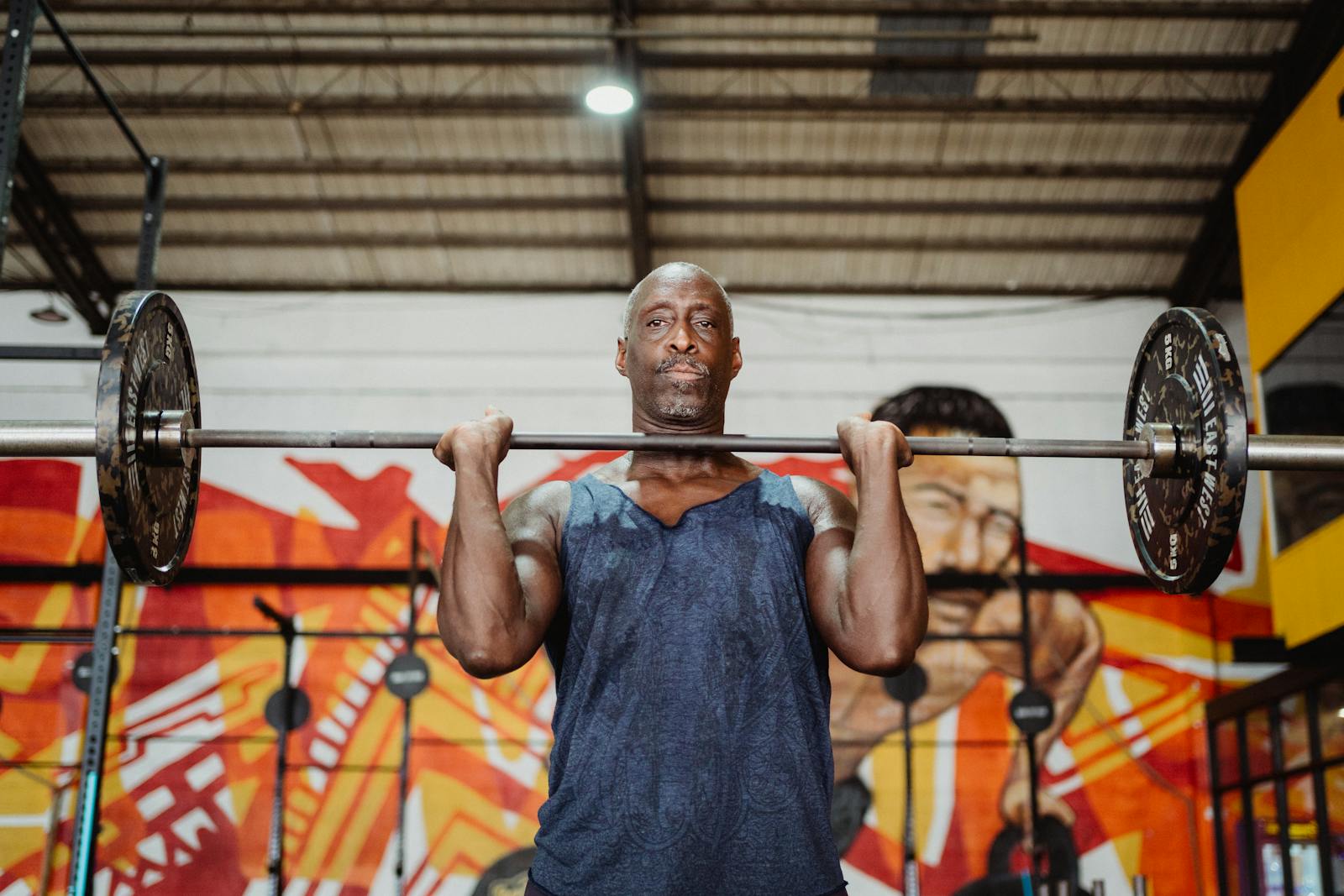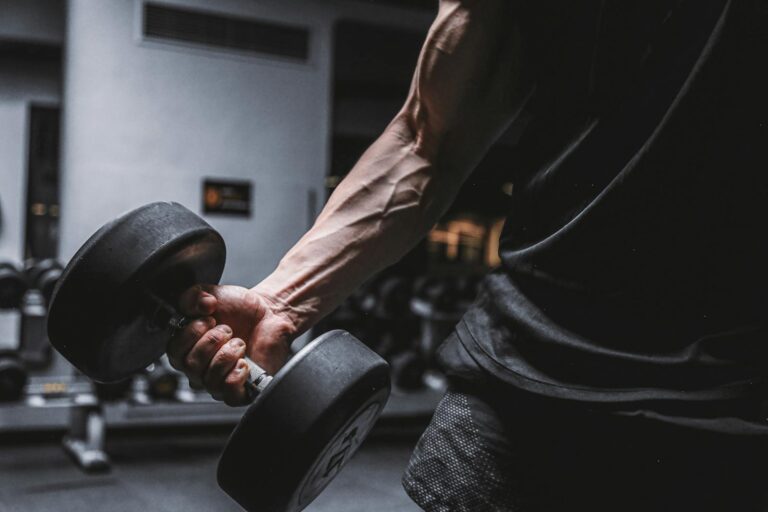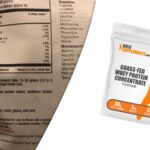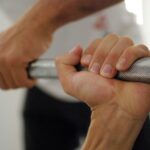Let’s be real—taking a long break from the gym sucks. Whether it’s due to an injury, work, life, or just getting off track, losing the gains you’ve worked so hard for can feel devastating. But here’s the good news: those gains are not gone forever. In fact, coming back from a year or more off the gym can be a lot easier than you think, thanks to one incredible phenomenon: muscle memory.
If you’re itching to get back in the gym or stressing over losing your hard-earned gains after a setback, relax—this is where muscle memory steps in and saves the day.
What Is Muscle Memory?
Muscle memory isn’t just a motivational phrase—it’s real science. When you build muscle, your body creates new muscle fibers and increases the number of muscle nuclei within your cells. These nuclei play a huge role in muscle growth, allowing you to build and maintain size and strength. The awesome part? Those nuclei stick around even when you stop training.
When you take time off from lifting, whether it’s a few months or over a year, your muscles might shrink due to atrophy (that dreaded muscle loss). But the nuclei created from your past training don’t disappear—they remain in your muscles for years. This means that when you start training again, your muscles can bounce back faster than they did the first time around, because the building blocks are already there, just waiting to be reactivated.
The Science Behind Muscle Memory
Let’s break it down. When you lift weights and stimulate muscle growth, your body creates additional muscle nuclei through a process called myonuclear accretion. These nuclei are like tiny factories that help build muscle fibers. While the muscles may shrink when you’re not using them (due to inactivity or a drop in protein synthesis), those nuclei are still chilling there, waiting for you to give them a reason to start pumping iron again.
In simple terms, when you stop lifting, the muscles don’t forget what they’ve been through. As soon as you hit the weights again, those existing nuclei kick back into gear, speeding up muscle repair and growth. It’s like having a cheat code for regaining your old gains.
Gains Come Back Quicker Than Ever
This is where it gets interesting: coming back from a break is not like starting from scratch. When you first started lifting, you experienced those exciting beginner gains—rapid muscle growth in a short period of time. But when you come back after a hiatus, muscle memory allows you to experience something even better than beginner gains. Since your body already knows how to build muscle and perform the movements, you can make progress much faster than when you were a true beginner.
Not only that, but the muscle memory effect is like stacking your old knowledge and experience on top of your newfound enthusiasm to get back in shape. You already know how to properly execute exercises like squats, bench presses, rows, and deadlifts. You’ve got the muscle-mind connection, the form, and the discipline in your favor. This combination of factors allows you to jump back into lifting with a head start, so you can regain your lost muscle in a fraction of the time it took to build it in the first place.
Why You Shouldn’t Panic About Lost Gains
It’s easy to panic when you look in the mirror after a long break from the gym. Your muscles aren’t as full, your strength is down, and it feels like you’re back to square one. But trust me, you’re not. Those gains aren’t as far away as they seem. Muscle memory is here to help you bounce back faster than you thought possible.
If you’re coming back from an injury, a tough life event, or even a year-long hiatus due to just falling off track, remember this: your body doesn’t lose what it once had so easily. And once you’re ready to hit the gym again, you’ll be amazed at how quickly your strength and size return.
In fact, research suggests that lifters who take time off but return to training often regain their muscle and strength in half the time it originally took to build. So even though it may feel like you’re far behind, in reality, you’re just a few consistent months away from being right back where you left off—and maybe even better.
Coming Back Stronger After an Injury
If you’re out of the gym because of an injury, this is even more reason to ease your mind. It’s stressful enough to deal with recovery, but worrying about losing all your gains adds unnecessary anxiety. Here’s the thing: your muscles won’t completely disappear, and when you’re cleared to lift again, muscle memory will make sure you’re not starting from scratch.
The key is to focus on proper rehabilitation and give yourself the time to fully recover. When the time is right, start slow, rebuild strength gradually, and let your muscle memory do the work. You’ll be back to lifting heavier in no time, and your old strength will come rushing back faster than you might think.
5 Steps to Maximize Muscle Memory Gains
If you’ve been out of the gym for a while and you’re ready to come back strong, here are a few tips to make sure you take full advantage of muscle memory:
- Ease Back In: Don’t jump right into where you left off. Start with lighter weights, re-establish good form, and gradually increase your workload. Your muscles will respond quickly, but avoid unnecessary injuries by pacing yourself.
- Prioritize Compound Movements: Focus on the big lifts that recruit the most muscle fibers—squats, deadlifts, bench press, and rows. These movements will trigger your muscle memory the fastest and stimulate overall growth. Consider running a program like Starting Strength to maximize your strength gains.
- Dial In Your Nutrition: You need the right fuel to help your muscles bounce back. Make sure you’re eating enough protein and calories to support recovery and growth. If you want your gains back, your diet needs to be back on point too.
- Stay Consistent: Your muscle memory will help you regain your gains faster, but only if you stay consistent. Set a schedule, stick to it, and let your body do the rest.
- Prioritize Recovery: Your body is going through a re-building process. Getting enough sleep and staying on top of your recovery routine will help speed up the process and maximize the benefits of muscle memory.
The Mental Edge: You’ve Done It Before
Another huge advantage to coming back after time off is the mental edge you have over when you first started. When you were a beginner, every lift felt unfamiliar, every exercise took time to learn, and you didn’t know exactly what worked for your body. But now? You’ve been there, done that.
You know how to execute the movements, how to program your workouts, and how to structure your training. That knowledge alone puts you miles ahead of where you were when you first started. It’s like combining the physical advantage of muscle memory with the mental edge of experience. This is where things really get exciting.
When you step back into the gym after a hiatus, it’s not just about regaining muscle—it’s about coming back better than before.
My Take: The Comeback Is Stronger Than the Setback
Losing muscle is frustrating, but it’s not the end. Thanks to muscle memory, your comeback will be stronger than you think. So if you’re stressing about time away from the gym, whether it’s due to injury, work, or life getting in the way, take a deep breath and relax—you’ve already done the hard work once, and your body won’t forget it.
Muscle memory makes sure that when you’re ready to return, your gains will come back quicker than ever before. It’s like hitting the fast-forward button on your progress.
So don’t panic, don’t stress, and most importantly—don’t give up. You’ve got the tools, the experience, and the muscle memory on your side. Now it’s just a matter of putting in the work again, and before you know it, you’ll be back to smashing your old PRs and looking like you never left.
Discover more from IncogNatty
Subscribe to get the latest posts sent to your email.









